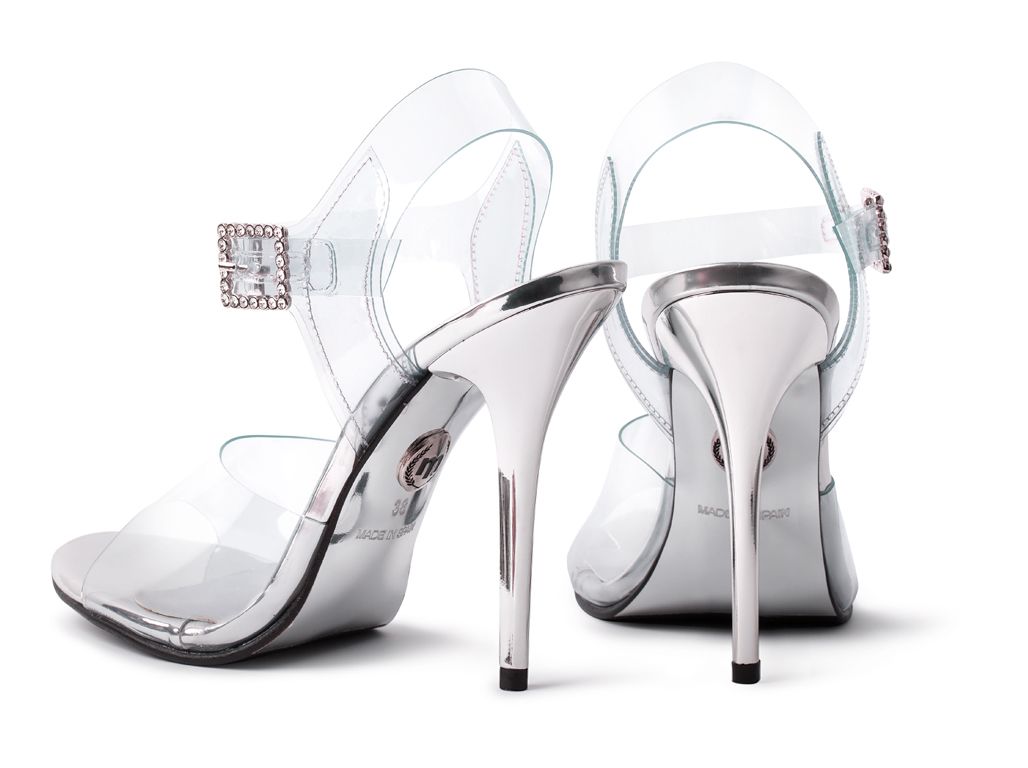

The popular versions of Threepenny’s famous Mack the Knife tune, sung by Sinatra and his ilk, have lyrics that omit and soften many of his worst crimes, and with their upbeat, jazzy rhythms (a bit different from Brecht’s original) make Macheath sound like a pretty swell guy. Pabst’s 1931 film of The Threepenny Opera, I was very struck by what a wicked man Mack the Knife was and how there was so little attempt to give him any really favourable qualities. Today she is here to talk about her new book which has just been released – Slick Filth: A Story of Robert Walpole and Henry Giffard. Her article last time was about her then latest book – The Cut of the Clothes: A Story of Prinny and Beau Brummell. A genuinely exciting new artist here, who is at the same time a representative of the great French conservatory tradition.I am delighted to welcome back a guest who writes under the pen name of Erato. Erato errs with an over-live acoustic (the location is not specified beyond to say that is in Lonigo, Italy) that does not let Moreau's range of tone speak for itself, but Moreau gets just the right kind of flashy support from the historical-instrument group 7b/1," is almost a curtain-raiser here, an insubstantial bit of cantabile before the instrumental wonders to come. Heard here, works that must have been no consolation to the sick and penniless Vivaldi, dying in Vienna, for they don't come close to his own accomplishments in the field even as they directly followed him. "Cello Concerto in A minor, RV 419," with its crack, brusque finale, is very nearly as good, and Moreau has the requisite effortlessness in the virtuoso concertos by

Sample the exuberance of the finale and see if you can resist reaching for your credit card. "Cello Concerto in D major, G479," whose fizzy, ebullient quality matches Moreau's personality to a rare degree. The album is a must for one performance above all: that of the The music, too, is redolent of the carefree middle 18th century. The pun involved in the title of this Erato release may be unfamiliar to many Anglophone listeners the Italian word "giovincello" means, roughly, "lad." Yet the high spirits of the joke seem appropriate to the playing of French cellist Edgar Moreau, who in fact fits the description (he was just 20 when the album was recorded).


 0 kommentar(er)
0 kommentar(er)
